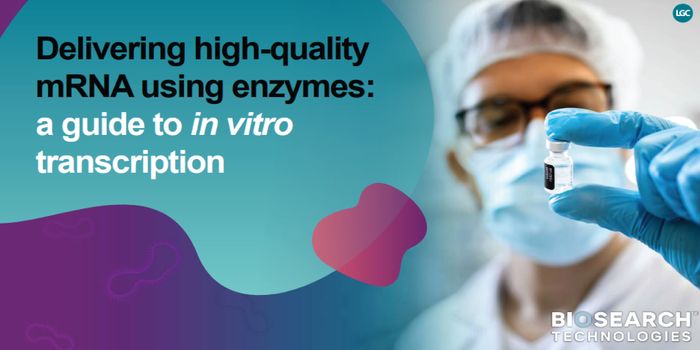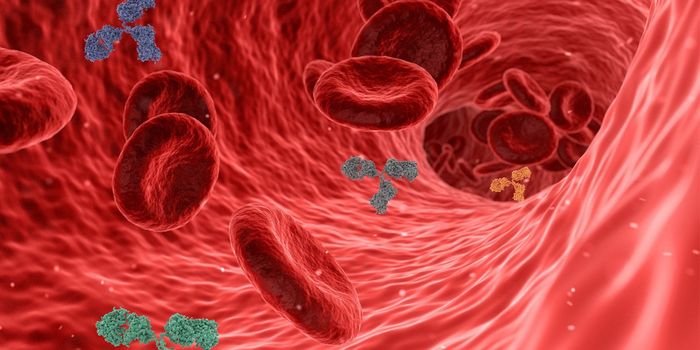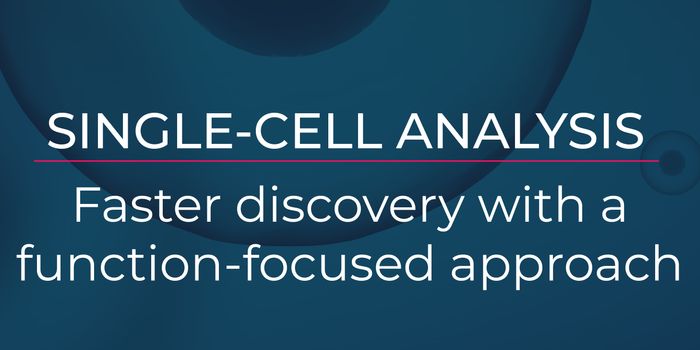Understanding How an Obesity-Treating Drug Functions
Liraglutide is a drug targeted to help treat obesity by suppressing appetite, thus making the patient lose weight. However, up until now research has not determined the exact mechanisms of how this works.
"The goal is to produce even more weight loss treatments," said senior author Matthew R. Hayes, PhD, an associate professor of Psychiatry at Penn. "And this work takes us closer to fully realizing a better treatment strategy for obesity."
Learn more about obesity:
Now, a preclinical study done by the Perelman School of Medicine at the University of Pennsylvania and published in Science Translational Medicine indicates that liraglutide crosses the brain's blood barrier and engaging with the region of the brainstem known as the nucleus tractus solitarius (NTS). It was found that NTS balances food intake and energy expenditure.
"This discovery opens up the door for future obesity drug treatments that could be used in conjunction with this FDA-approved therapy to treat obesity," says Hayes. "The more we understand how drugs act, the more we can understand what other brain systems can be manipulated in combination with them to help patients lose more weight."
Liraglutide interacts with glucagon-like peptide-1 receptors (GLP-1R) on GABA neurons (specific form of brain cells) that suppress hunger.
"We've narrowed in on the NTS to more fully understand how this site in the brain is critically important for body weight regulation," said first author Samantha M. Fortin, PhD, a postdoctoral research fellow in Hayes' lab. "Our finding that GABA neurons in the NTS are important for the anorectic effects of liraglutide may prove to be meaningful in the future. Other compounds or genetic manipulations that would target this distinct population of cells in the brain could be useful in treating obesity."
Source: Science Daily









